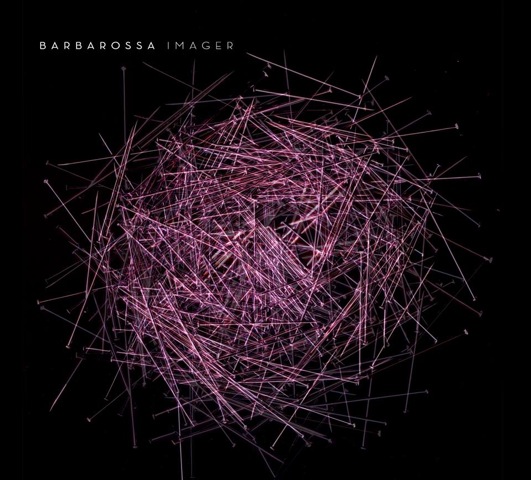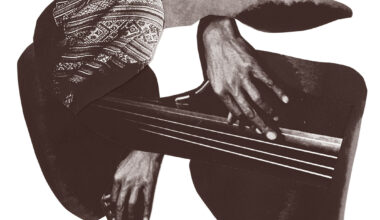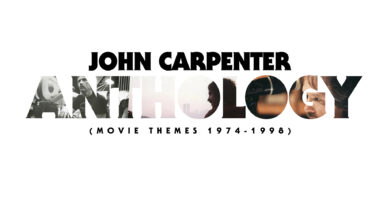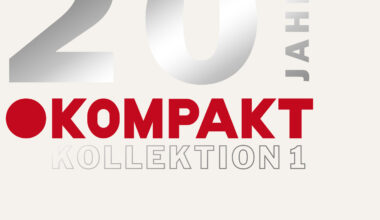Third album from Londoner James Mathé is a real cerebral charmer

Rather pleasingly, James Mathé, otherwise known as Barbarossa, does in fact have a red beard. And ‘Imager’, his third long-player, is as on trend as his facial hair, bringing to mind the likes of alt-J and the all-new electronic version of Portico.
But while Mathé seems settled in his style, that’s not to say there hasn’t been an evolution in his work. Debuting as part of Edinburgh folkers, the Fence Collective, the first incarnation of Barbarossa would not exactly have been at home in the pages of Electronic Sound, but Mathé made a change in 2013 for his second release, ‘Bloodlines’. Having traded in the acoustic guitar for a Casiotone and a drum machine, Barbarossa started making music that sounds like a neat crossover of Hot Chip and ‘Violator’-era Depeche Mode, stepping away from, but not totally ignoring, his folk roots.
Mathé’s voice has that clean, pure quality folk singers often have; he croons helplessly, despairingly, contrasting his clear, delicate expression with near-industrial beats and danceable synth riffs. There are a few vocal guest on ‘Imager’ too whose presence also recalls Mathé’s folk days: ‘Silent Island’ (All Saints’ ‘Pure Shores’, anyone?) merges his keening vocals with the ethereal tones of Katy Young from post-folk trio Peggy Sue, while ‘Home’ sees Mathé joined by old friend and long-time collaborator, José González.
Despite song titles such as ‘Solid Soul’, this album is far from being about the concrete. The focus of ‘Imager’ is on the impermanent, the mutable. It presents imagery and emotions that shift like sand. Its landscape is rarely predictable. There’s an underlying theme – a kind of melancholic placidity – that binds the songs into a structure, but even this is ambiguous and mercurial. This tone is set with the ironically-titled eponymous track as opener, establishing that this is an aural piece about projected images – projected, in a psychological sense, onto the music by the listener.
So in the 41 minutes we spend with him, Mathé transports us from Sheffield to south-west France, London to Nevada, and cites influences ranging from Prince to Portishead, Vincent Gallo to James Blake. ‘Imager’ shows an artist in control of his material, crafting meaning and significance from a kind of primordial electronic mass.
It might seem at first that the slow, wallowing sadness of ‘Dark Hopes’ is most characteristic of the record’s mood, but that would be ignoring the pleasantly surprising upbeat sections on ‘Nevada’, or the ending of ‘The Wall’, which descends into some epic synth madness. It might seem at first that this is a straightforward electronic indie album, but give it time and its intricate patterns and rhythms will take root in your mind. It might seem at first that you know what Barbarossa is about, but really, you can’t second-guess him at all…





